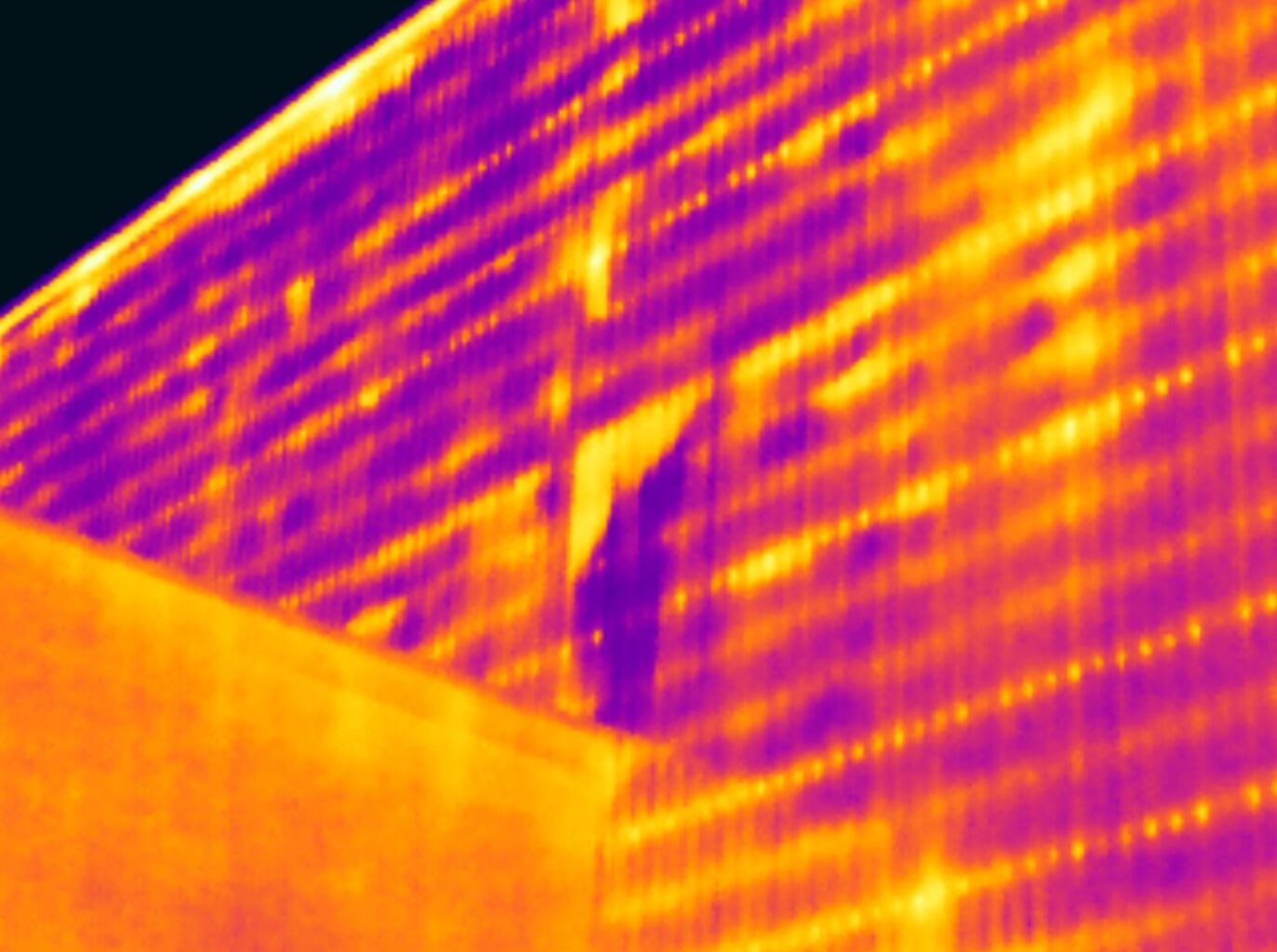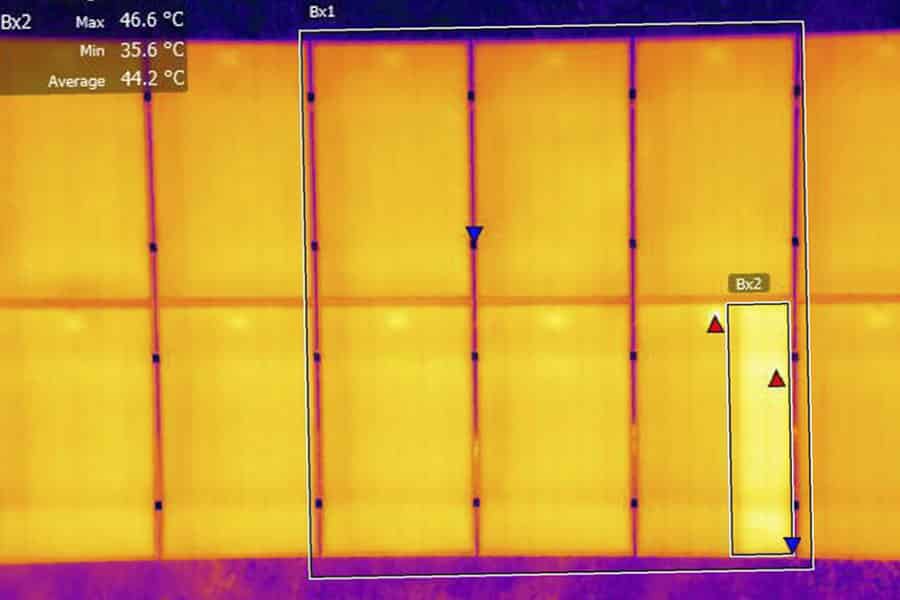
Solar Panel Installations on Domestic Roofs
Solar Panels for the Home

Installing solar panels on the roof of your home offer you long term advantages in terms of reducing your energy bill as well as your carbon footprint. However, in order to maximise your investment and ensure that your panels are operating both efficiently and safely, regular inspections are advised.
With more than 4000 solar panels being installed in the UK each month, they are becoming an increasingly common sight on domestic rooftops. Their popularity means that the costs have been consistently falling over time. Pairing this with the increase in panel quality as new technologies have been developed, relying on the power of the sun for at least part of your energy needs has become a very real possibility. Domestic solar panel installations can…
- Add to your home value – home energy efficiency is important to many people now and having a solar energy option already installed can be very attractive to buyers.
- Provide electricity all year round – they work throughout the year, not just in the summer months!
- Reduce your carbon footprint – of course it’s great that your energy bills are reduced but, in a world where it’s increasingly important that we all play our part in the fight against climate change, solar panels can provide an easy way to ‘get greener’
Taking Care of your Solar Panels
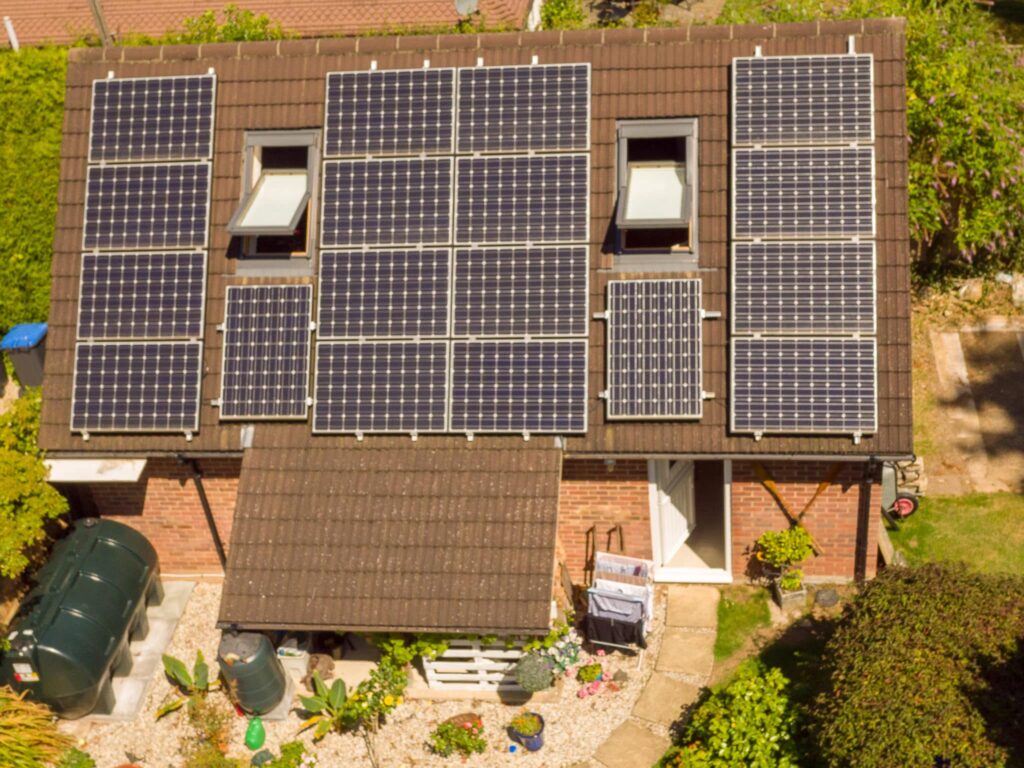
Taking a proactive approach to your solar panel maintenance with annual inspections can allow small faults to be corrected before they turn into more expensive issues. They also mean you can suffer less downtime with any faults that do occur, so you are always reaping the benefit of your green investment.
Drones can provide an ideal way of accessing your rooftop PV panels without the need for expensive scaffolding or elevated platforms. The resulting images can identify errors and even potential problems that could be affecting their operation. Where maintenance is required, you can give these images directly to a maintenance company so that they can provide you with an accurate quotation and take care of any necessary repairs or maintenance in a targeted manner.
Ideally a solar panel inspection drone flight takes place while the panels are operating at their maximum – so in clear skies and full sunshine. Although the temperature isn’t actually important in terms as solar panels convert light energy and not heat, this generally means that the summer months are the ideal time to carry out your solar panel inspections.
The conditions and way that the images are captured is vital to the accuracy of the results that are obtain. Many drone operators invested in thermal cameras but not in the training that means that they are unlikely to be collecting data in the correct way. Drone Media Imaging are proud to be one of a small group of drone businesses in the UK to be qualified in Thermography to category II and with and Operating Safety Case (OSC) for reduced distances from the CAA. This means that we are completely competent to fly and inspect your PV panels, capture meaningful data and more importantly provide you with an accurate data report.
For most domestic installations, a single drone flight is all that is needed to take the required pictures via drone mounted thermal camera. It’s a quick and simple process with most of the work taking place when the images are examined back in the office to provide you with a comprehensive solar panel health report.
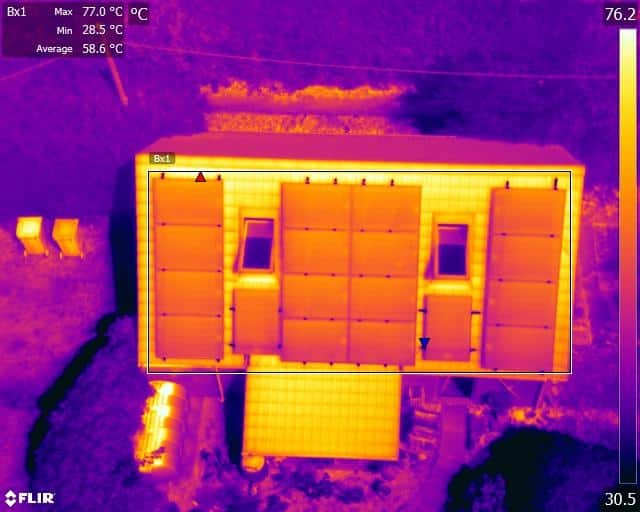
Qualified Thermographers and Drone Operators
We are certified and approved drone pilots with enhanced CAA permissions for reduced distances. As level 2 thermography experts we work throughout the UK to provide both aerial and ground based thermography services, as well as video/filming and photography services.

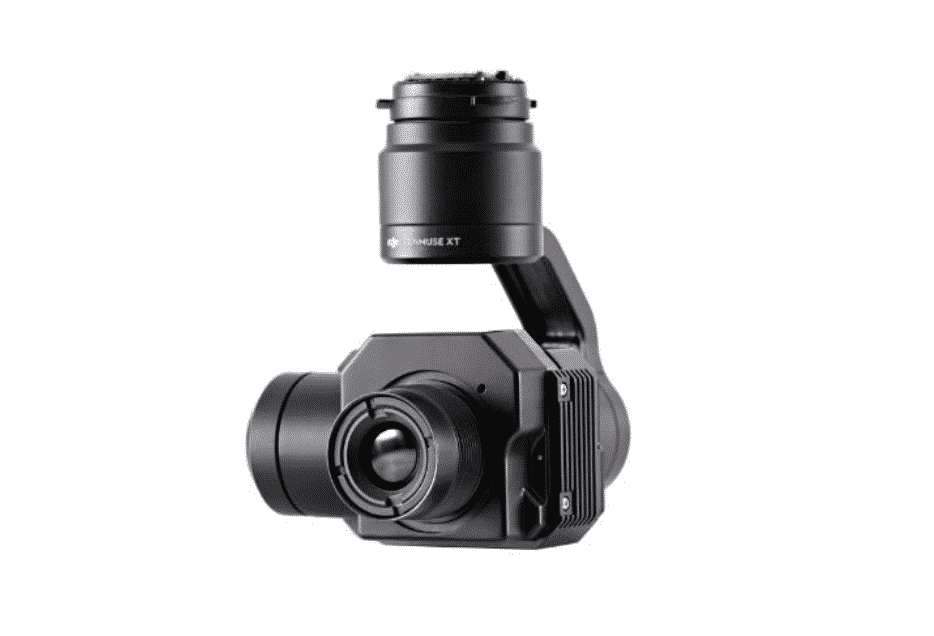
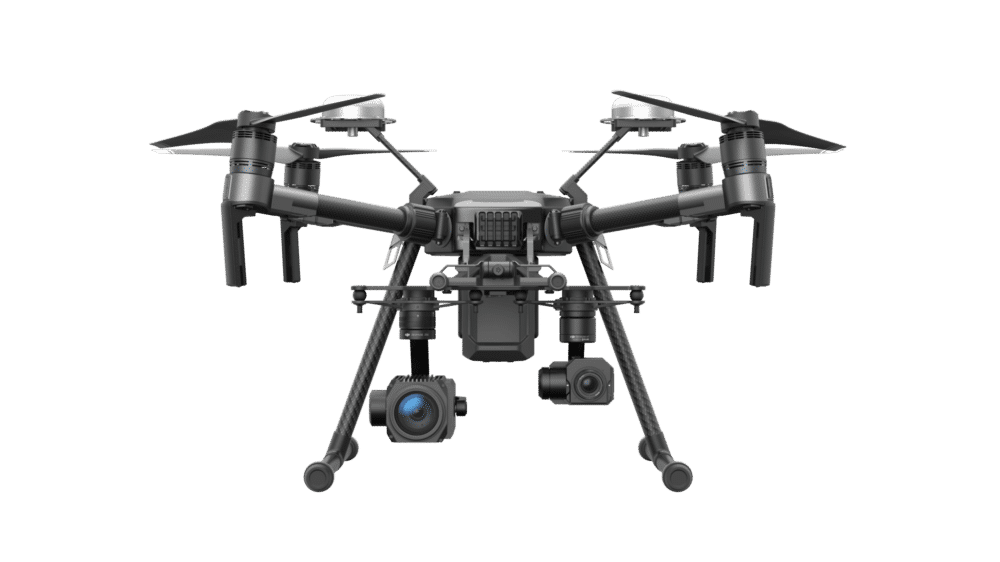
Expert Infrared Inspections for Accurate Thermal Assessments
Need professional thermographic analysis for your project? Our certified experts use the latest infrared technology to deliver precise results. Contact Drone Media Imaging today for expert thermal imaging services.
related posts
How To Detect A Faulty Solar Panel.? When faults develop with a solar panel the result is that these cells will heat up. This is because the energy generated by the electrons moving around is not flowing through the panel and onto the convertor, and must manifest somehow, it doesn’t can’t just disappear, so the energy becomes heat.
Pinpointing energy loss in buildings involves identifying hidden insulation defects, thermal bridges, and air leaks. A Level 3 Thermographer employs advanced thermal imaging to ensure precise diagnostics and compliance with energy standards, providing property owners with detailed reports for informed energy efficiency improvements and cost savings.
Thermal bridging in commercial buildings allows heat to escape or enter, increasing energy consumption and utility bills. It also leads to higher operational costs, maintenance expenses, and carbon emissions. Thermal imaging helps identify hidden thermal bridges, enabling targeted strategies to enhance energy efficiency and reduce costs.







